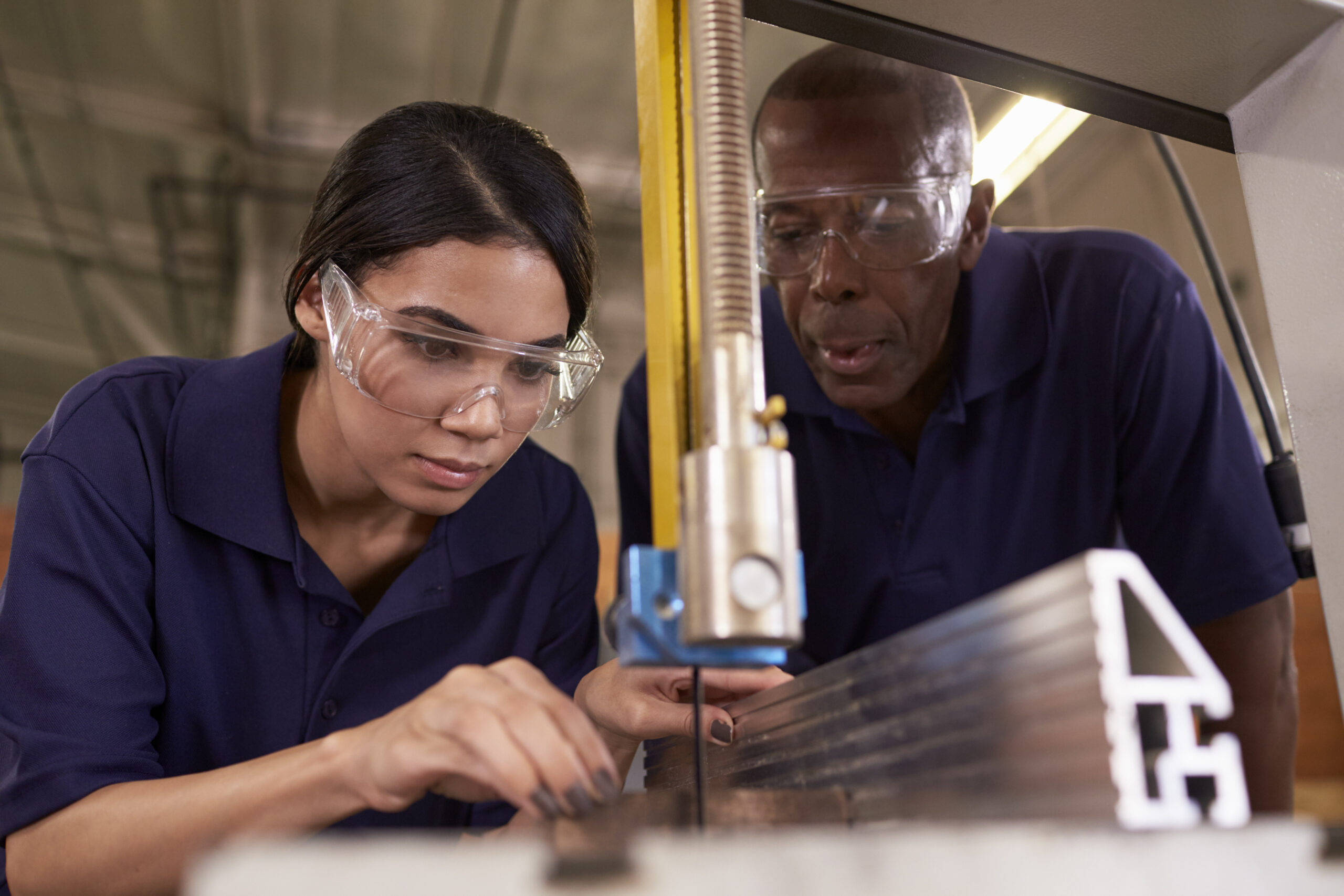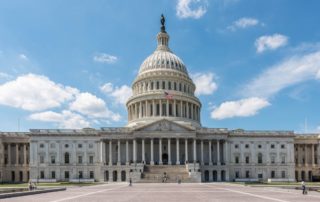Publications
The Status of Women In North Carolina: Political Participation
The Status of Women in North Carolina: Political Participation presents data on several aspects of women’s involvement in the political process in North Carolina, comparing North Carolina to other states and the United States overall.
Women and the Care Crisis: Valuing In-Home Care in Policy and Practice
The paper suggests that to improve the quality of in-home care jobs, address the industry’s anticipated labor shortage, and ensure that high-quality care is available in the United States, it is necessary to increase the value attributed to care work through critical changes in public policies and practices. These changes would benefit not only the women and men who are care workers or recipients, but also the nation overall. As a sector in which job growth is especially rapid, the care industry is integral to the U.S. economy; as a result, any changes that help to fill the gap in this industry and improve conditions for its workforce will strengthen the nation’s economy as a whole.
Breadwinner Mothers by Race/Ethnicity
The large majority of mothers in the United States are in the labor force making their economic contribution vital for their families’ economic security. One in two of the over 30 million families with children under 18 in the United States have a breadwinner mother, who is either a single mother, irrespective of earnings, or a married mother contributing at least 40 percent of the couple’s joint earnings;
Gender Political Parity in the U.S. Congress: Women Will Wait 88 Years before Achieving Equal Representation
DOWNLOAD REPORT Women are a vital and integral part of building strong communities, and equal participation of women in elective office is crucial to a fair and equitable democracy. By running for office, women shape laws, policies, and decision-making in ways that reflect [...]
Head Start-College Partnerships as a Strategy for Promoting Family Economic Success: A Study of Benefits, Challenges, and Promising Programs duplicate
Introduction and Summary Improving family economic security in the United States requires new strategies to support parents while they develop skills and attain education to prepare them for well-paid jobs. Postsecondary education brings a range of benefits to graduates and their families, including enhanced [...]
The Status of Women In the United States: Indicators of Economic & Health Well-Being for Women
Women’s Health in the Middle Years: Your Education. Your Occupation. Presentation by Elyse Shaw, Study Director, to CDC Office of Women’s Health













